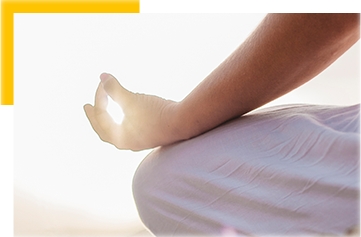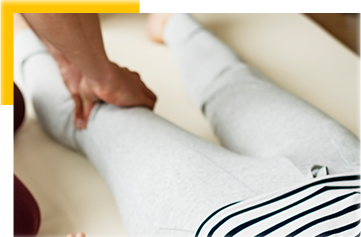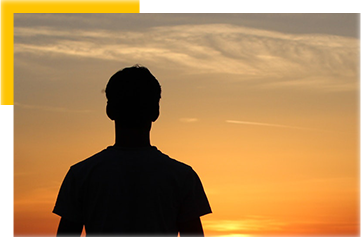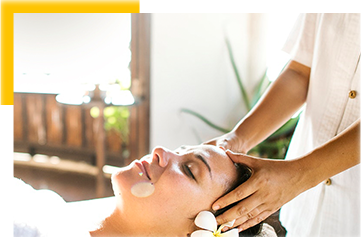Stress Management With Relaxation Therapy
 What is Relaxation Therapy?
What is Relaxation Therapy?
![]()
Relaxation techniques are a great way to help with stress management. Relaxation isn’t only about peace of mind or enjoying a hobby. Relaxation is a process that decreases the effects of stress on your mind and body. Relaxation Therapy can help you cope with everyday stress and with stress related to various health problems, such as heart disease and pain.
 Benefits of Relaxation Therapy?
Benefits of Relaxation Therapy?
![]()
Practicing relaxation techniques can have many benefits, including:
- Slowing heart rate
- Lowering blood pressure
- Slowing your breathing rate
- Improving digestion
- Maintaining normal blood sugar levels
- Reducing the activity of stress hormones
- Increasing blood flow to major muscles
- Reducing muscle tension and chronic pain
- Improving concentration and mood
- Improving sleep quality
- Lowering fatigue
- Reducing anger and frustration
- Boosting confidence to handle problems
To benefit the most, use relaxation techniques along with other positive coping methods, such as thinking positively, exploring humor, problem-solving, managing time, exercising, getting enough sleep, and reaching out to supportive family and friends.
 Types of relaxation techniques:
Types of relaxation techniques:
![]()

Autogenic relaxation:
Autogenic means something that comes from within you. In this relaxation technique, you use both visual imagery and body awareness to reduce stress. In this technique, you repeat words or suggestions in your mind that may help you relax and reduce muscle tension.

Progressive muscle relaxation:
In this relaxation technique, you focus on slowly tensing and then relaxing each muscle group. This can help you focus on the difference between muscle tension and relaxation. You can become more aware of physical sensations. This will help you relax and concentrate.

Visualization:
In this relaxation technique, you may form mental images to take a visual journey to a peaceful, calming place or situation. To relax using visualization, you have to incorporate as many senses as you can, including smell, sight, sound, and touch. This technique will help you focus on the present and think positively.

Other relaxation techniques may include:
- Deep breathing
- Massage
- Meditation
- Tai chi
- Yoga
- Biofeedback
- Music and art therapy
- Aromatherapy
- Hydrotherapy

